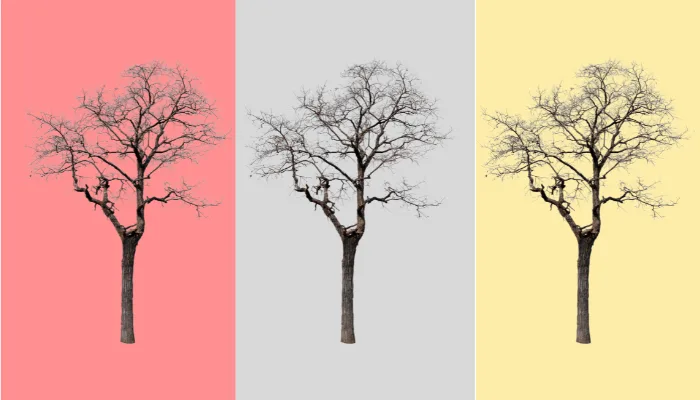
Study finds half of replanted trees don't survive
Tree planting is a common tool used to offset carbon emissions, but how effective is it?
Forest restoration is important - it can bring new life into a previously-empty place, create homes for animals, and keep the planet healthy.
But is it worth it if the trees die shortly after?
A new study has found that, on average, about half of the trees planted in tropical and sub-tropical restoration efforts do not last more than five years.
Researchers analyzed tree survival growth data from 176 sites in Asia and found that, on average, 18 per cent of planted saplings died within the first year, while 44 per cent were gone after five.
But there was huge variation between the sites and even among the tree species. In some places, 80 per cent of the trees were still alive after five years, while in others, nearly 80 per cent had died in the same timeframe.
"The large variability in survival we found across sites could be for a number of reasons, including planting densities, the choice of species, the site conditions, extreme weather events, or differences in management and maintenance," Dr. Lindsay Banin, co-lead author based at the UK Centre for Ecology & Hydrology, said in a statement.
Trees planted in completely deforested areas fared the worst, while saplings planted in areas with mature trees had a higher chance of survival.
The findings are important, because tree planting is a commonly used tool for offsetting carbon emissions.
"What's clear is that success is very site-dependent -- we need to understand what works and why and share that information, so we can bring all sites up to the level of the most successful and harness the full potential for restoration. There's likely no one-size-fits-all approach and restoration action should be tailored to local conditions. This will help ensure the scarce resources and land available to restoration are used to best effect," Dr. Banin said.
Thumbnail image created by Cheryl Santa Maria using graphical elements from Canva Pro.











